Switzerland prepares for a wave of migration
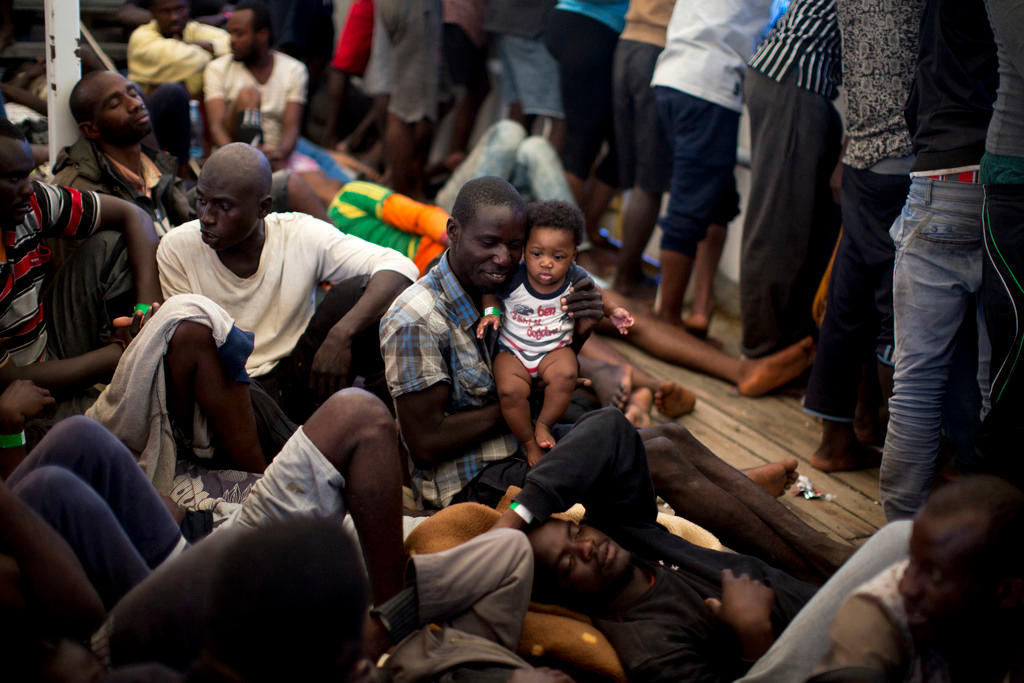
Switzerland is strengthening the police presence on its southern border, anticipating a summer increase in migrants who want to reach Germany and northern Europe. In addition, the government has not ruled out making further payments to the European Union.
Summer is the holiday season. But for tens of thousands of people who leave their country because of conflicts or poverty, summer is the best time to travel to Europe. In the past few days, more than 12,000 people have arrived in Italy.
“We’re under pressure and call for genuine European cooperation,” Italian Prime Minister Paolo Gentiloni said on Thursday. Italy is particularly vulnerable and has threatened to close its ports to migrant boats flying under a foreign flag. In the first six months of the year, 85,000 people arrived in Italy (compared with 78,500 for the same period in 2016).
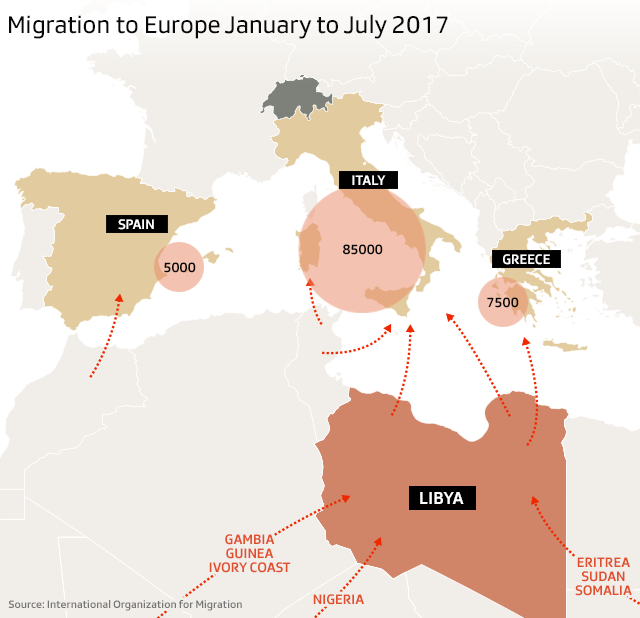
This summer, up to 50 additional police officers will support colleagues on the borders of cantons Ticino, Valais and Graubünden. This was announced by cantonal police chiefs on Thursday.
The main aim of the intercantonal exercise – which is similar to that for major events such as the World Economic Forum (WEF) in Davos or international football matches – is to boost checks at railway stations and motorways. But border control will remain the duty of specialist border guards.
Already last year, the authorities had prepared an emergency plan that envisaged army deployment at borders. This would only happen during an emergency, should more than 30,000 illegal immigrants cross borders within a few days – a scenario that has never happened.
To help mitigate migratory pressure on southern European countries, Switzerland has not ruled out funding specific projects. This would come under Swiss contribution to the eastward enlargement of the European Union, newspaper Blick reported.
Following a first so-called cohesion billion to support new EU member states in eastern Europe, the EU is now calling for a further contribution from Switzerland. Foreign ministry spokesman Georg Farago told Blick that the government’s aim was that any further payment would “further strengthen Switzerland’s interests in the context of the current challenges in Europe”.
Supporting migration and vocational training projects could “mitigate risks”, he added. According to Blick, youth unemployment is particularly high in the refugee hotspots of southern Europe. Switzerland could spend the money on refugee registration and accommodation centres in Italy or Greece, the newspaper suggested.
In the first five months of 2017 the Ticinese border guards dealt with 6,726 undocumented migrants, according to the daily newspaper Corriere del Ticino, citing customs statistics.
These were mainly people who wanted to travel through Switzerland to reach other countries. Those caught were returned to Italy as part of the readmission agreement.
In the same period of 2016 when the Balkans route was still open, 3,374 illegally registered people were stopped.

In compliance with the JTI standards
More: SWI swissinfo.ch certified by the Journalism Trust Initiative

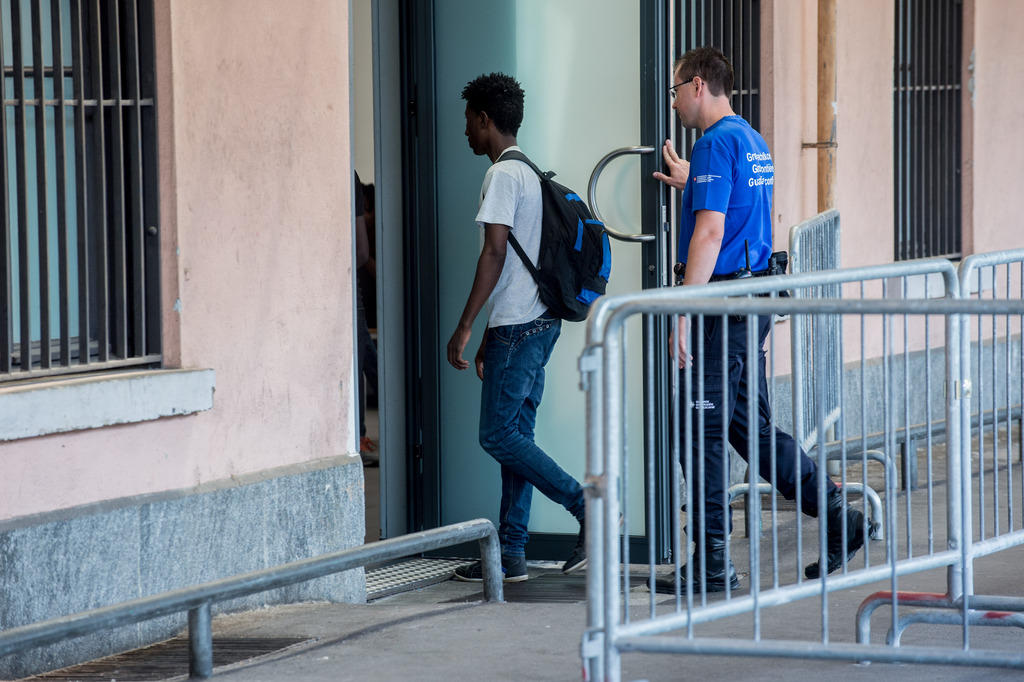
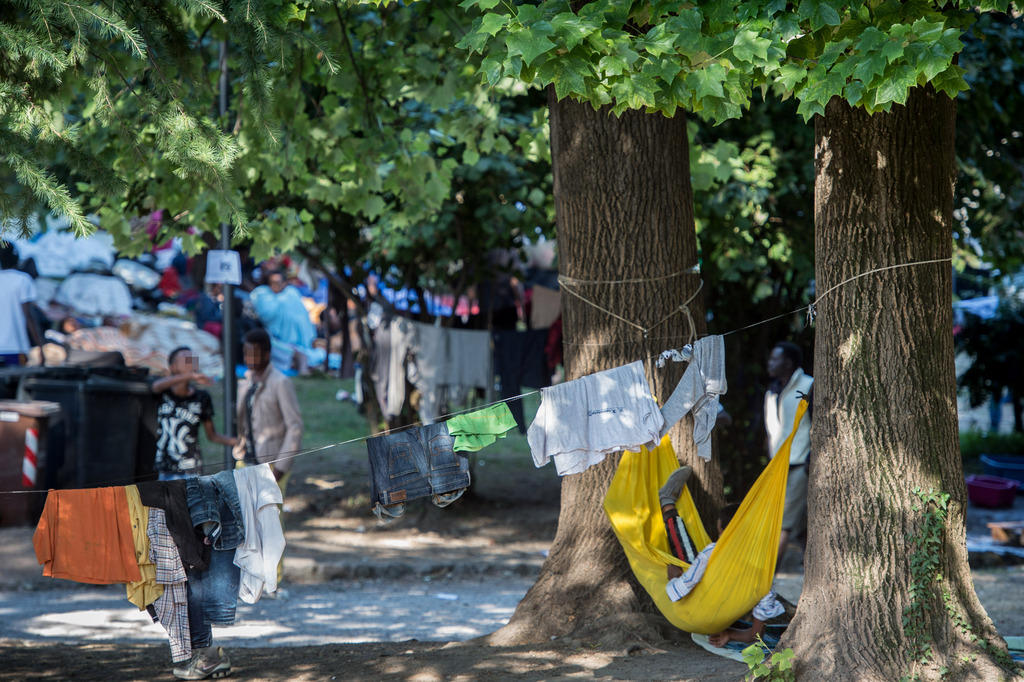
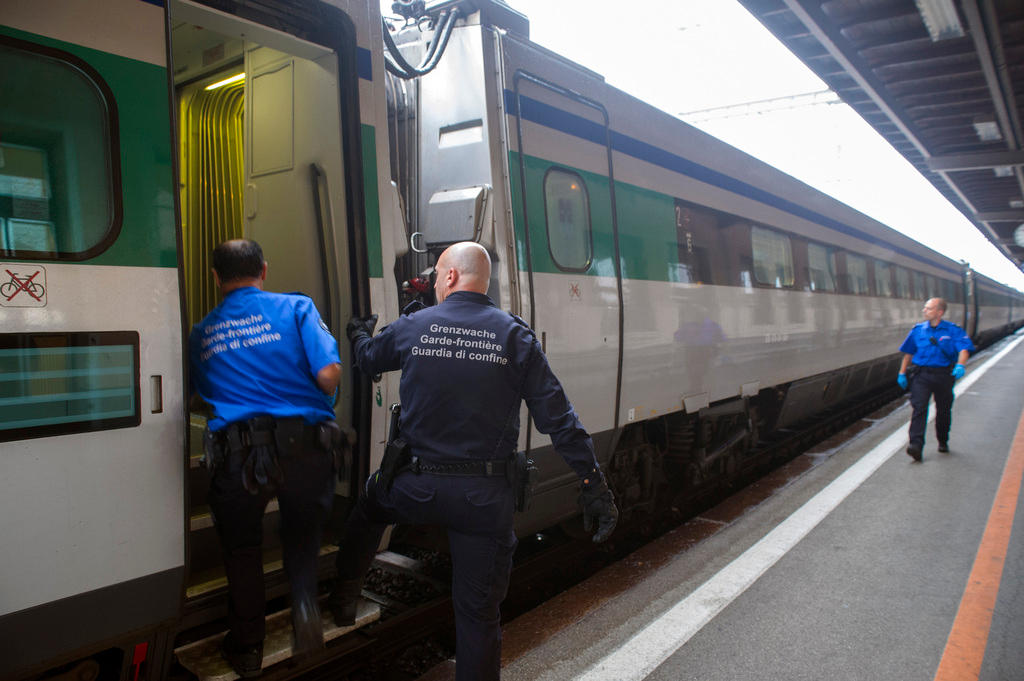
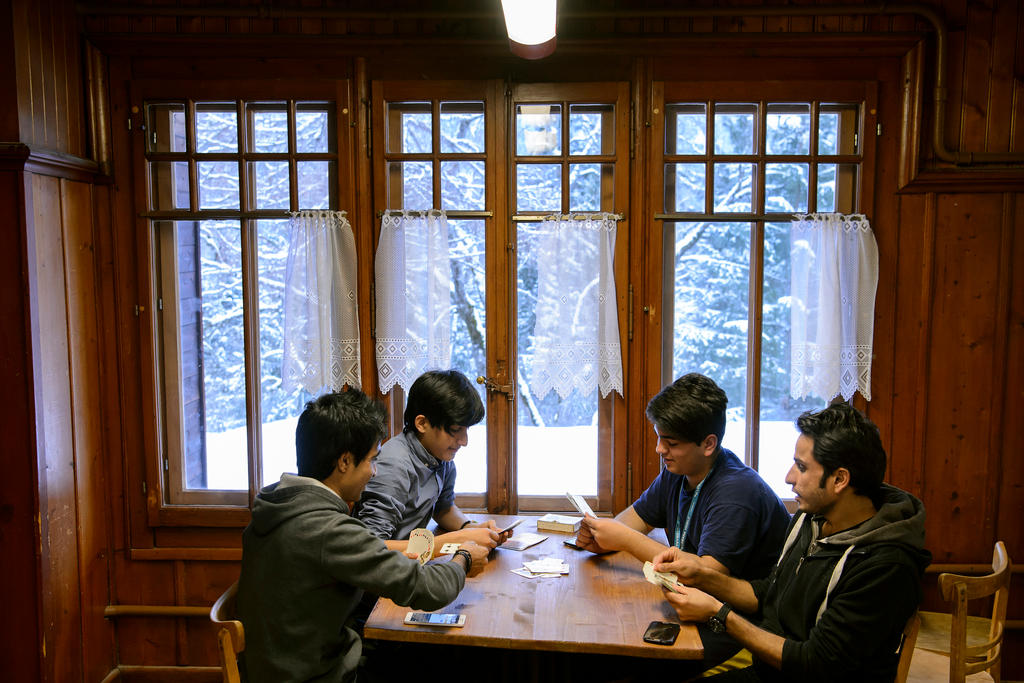
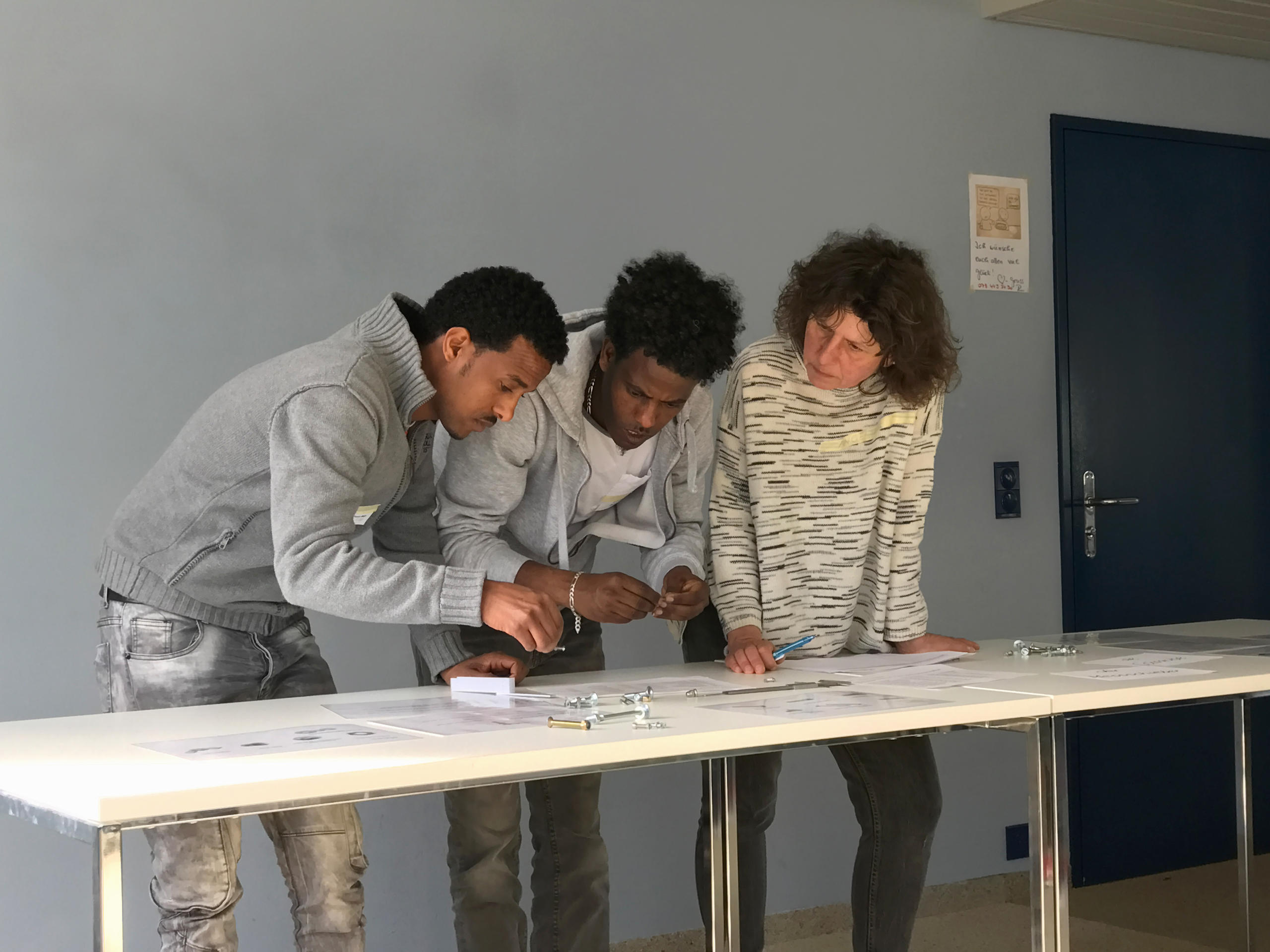
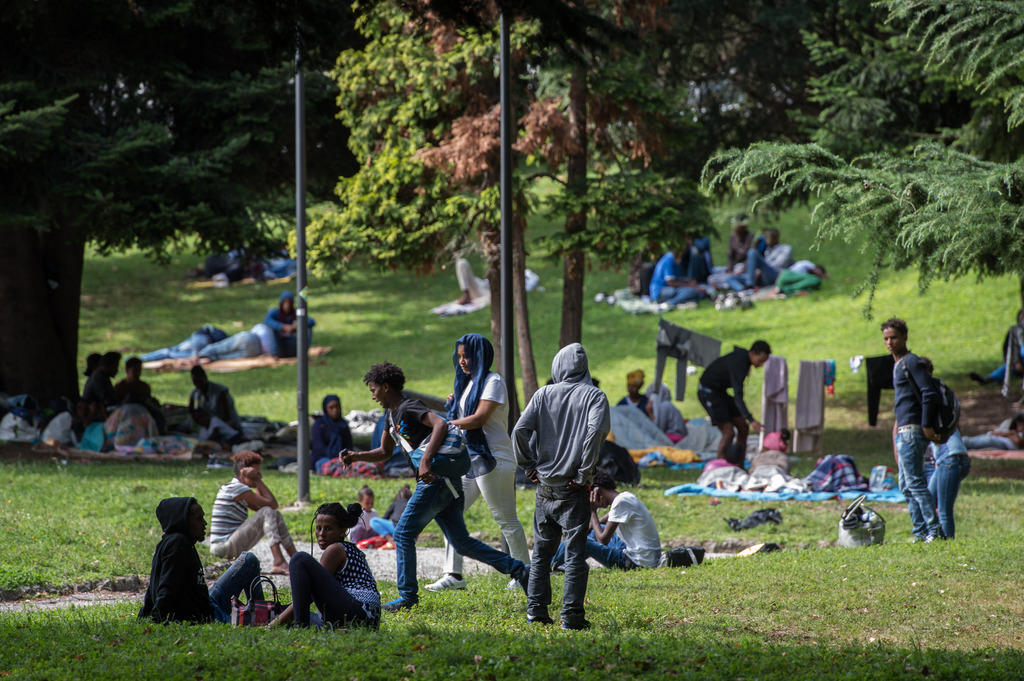
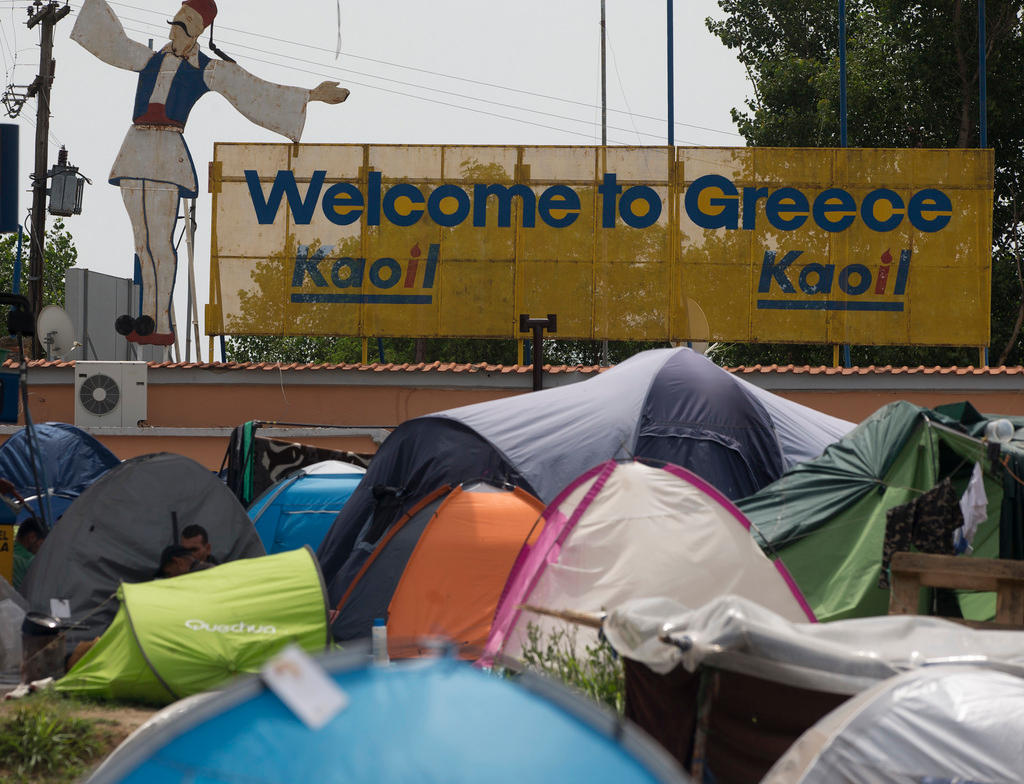
You can find an overview of ongoing debates with our journalists here. Please join us!
If you want to start a conversation about a topic raised in this article or want to report factual errors, email us at english@swissinfo.ch.